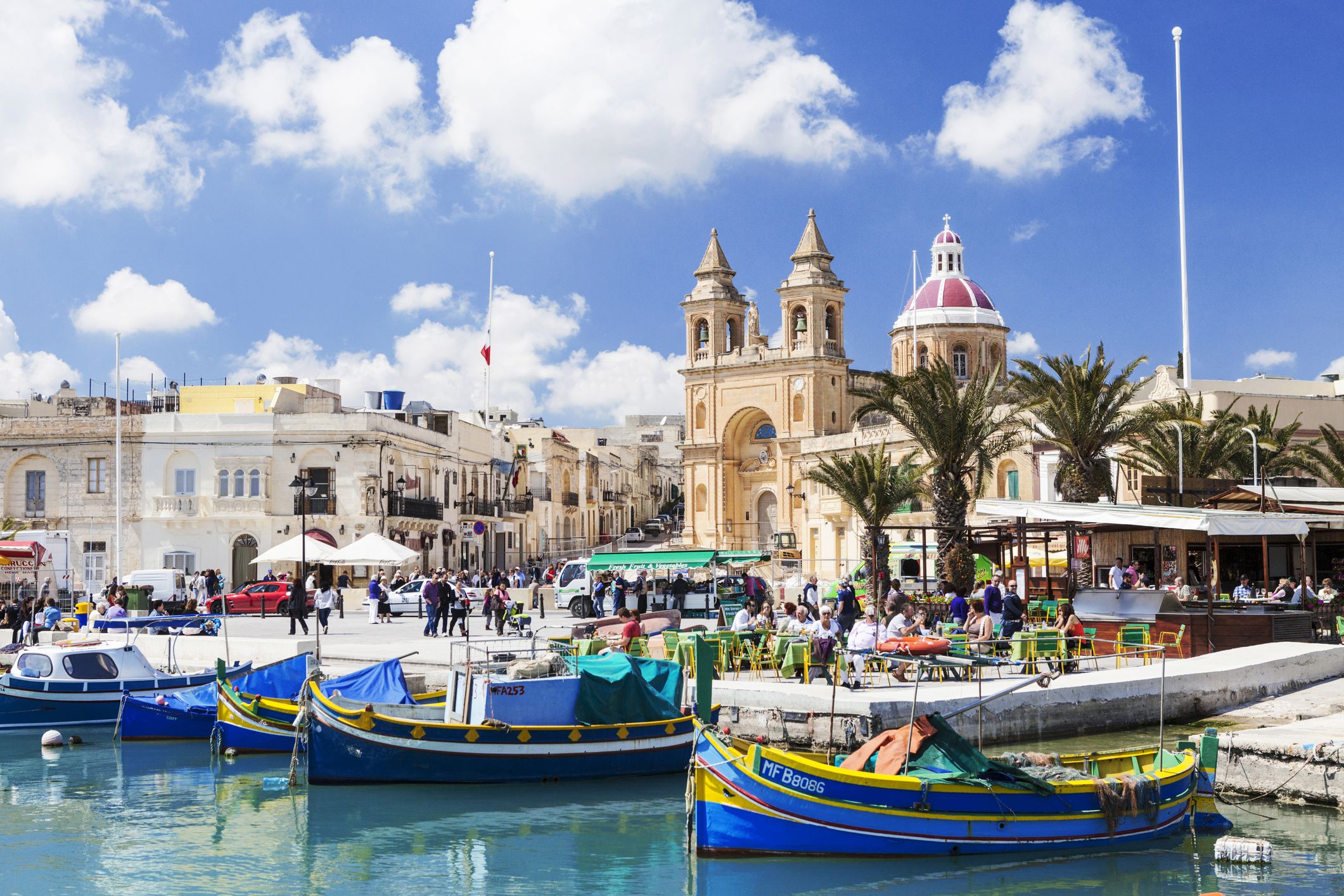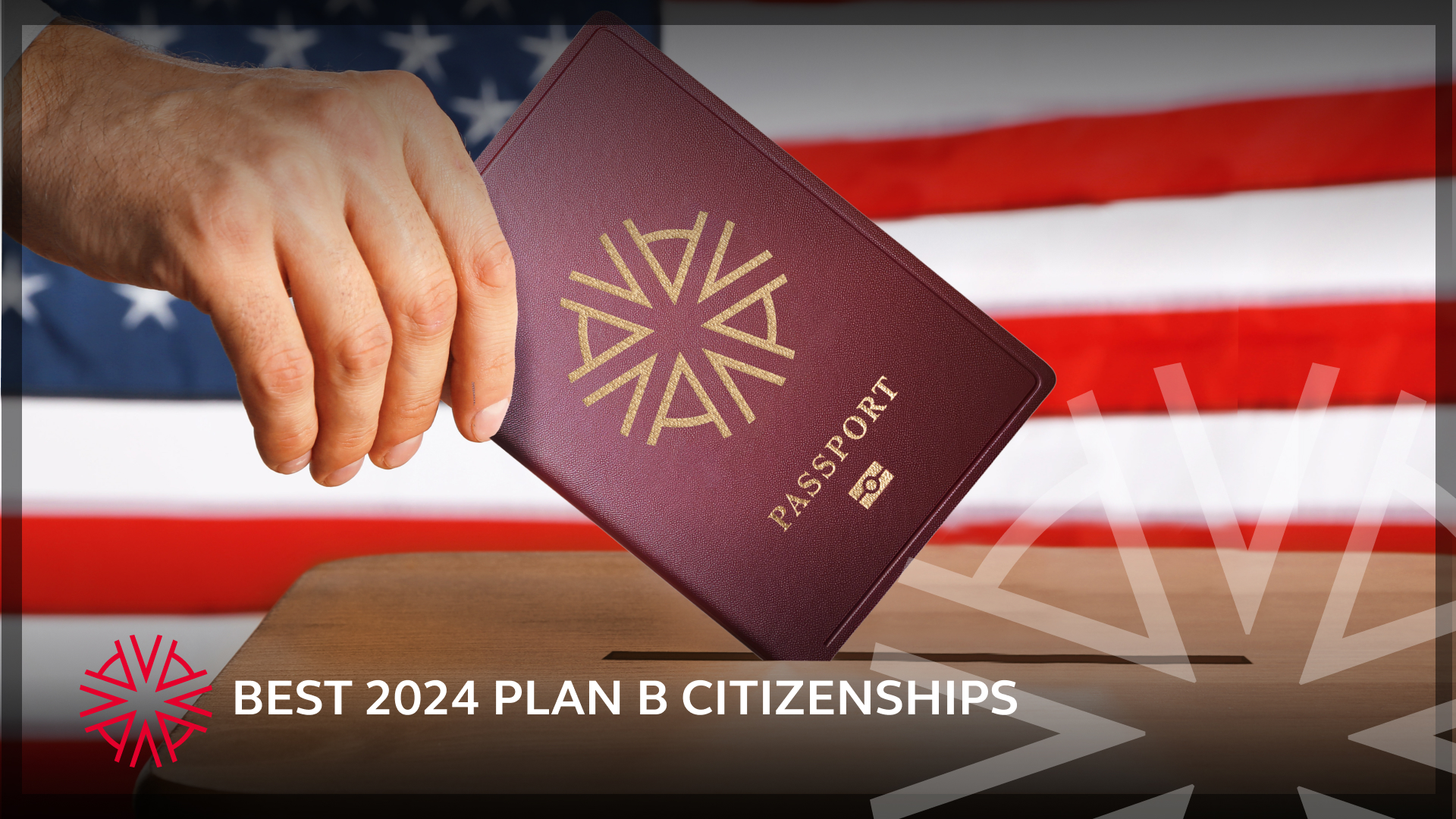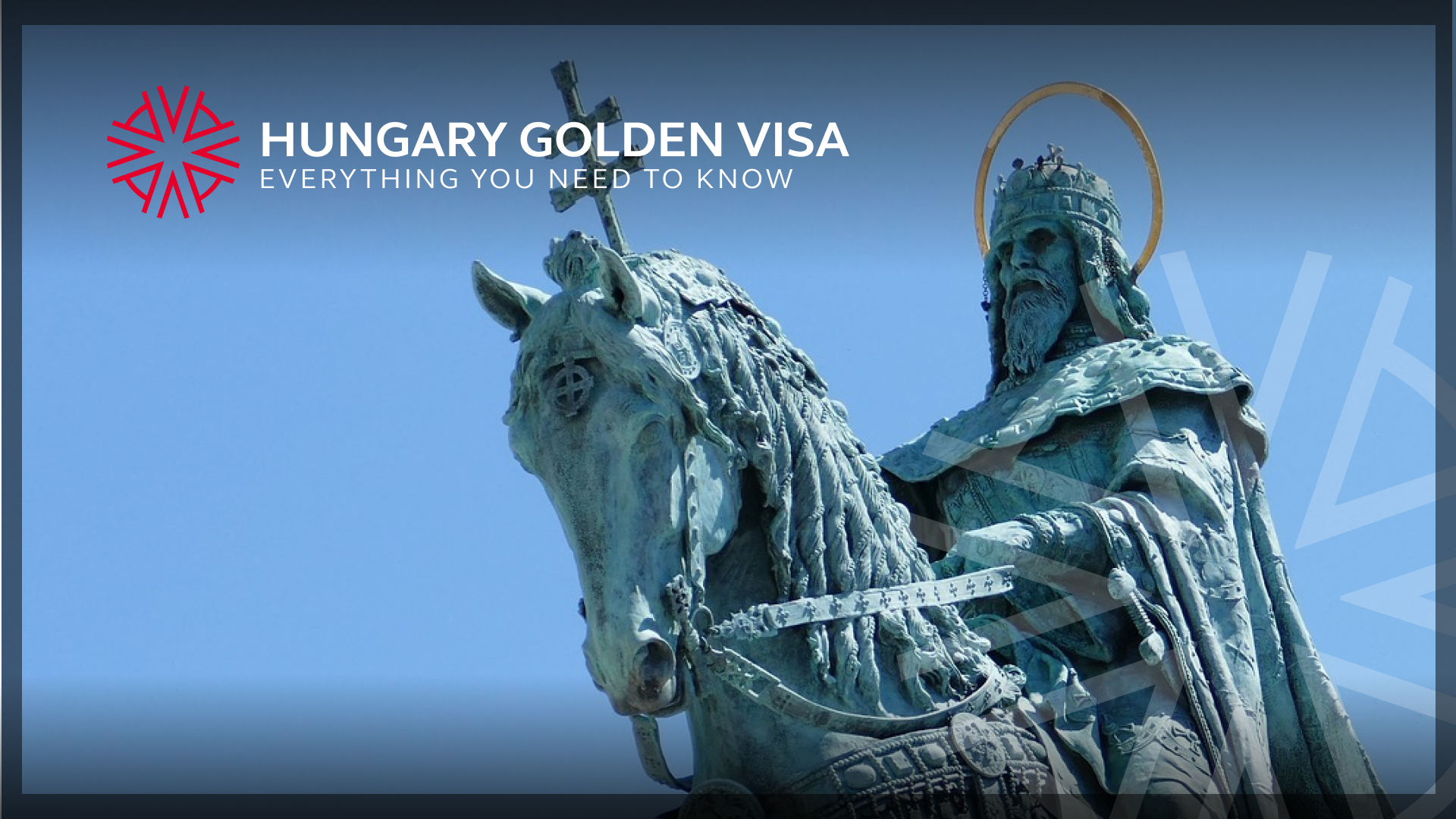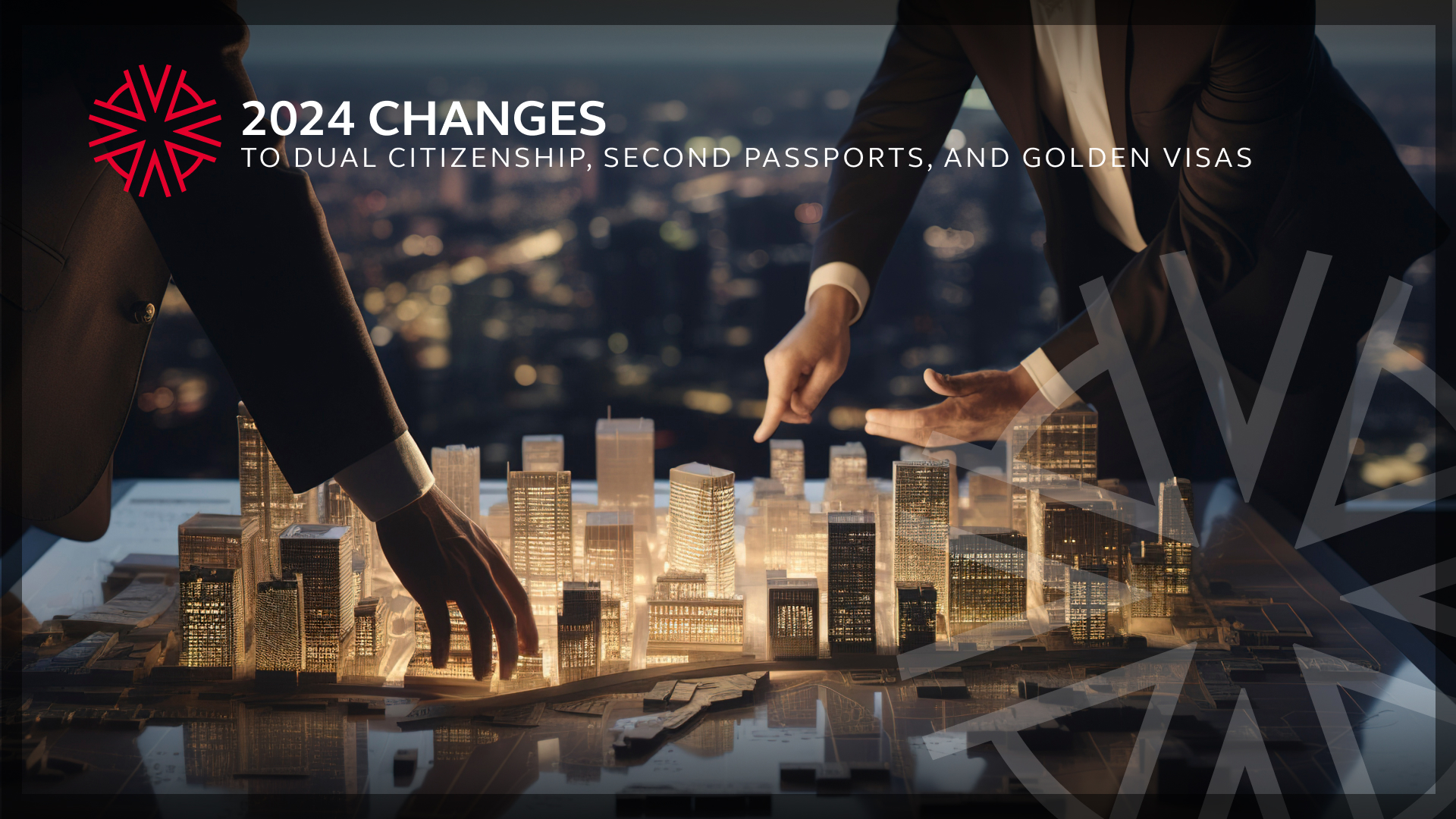The Astons experts are answering the frequently asked questions regarding the Citizenship by Investment (CIP) Programme of Malta and explain why the passport of this EU member state is in growing demand among affluent individuals from across the globe.
I’ve recently decided to procure a second passport. I’ve heard many positive references to Maltese citizenship. What are its benefits?
Indeed, during the five years of the Maltese investment programme it’s gained a perfect reputation. According to statistics, 1,650 people have already taken the opportunity to procure a EU passport in this country.
The Maltese programme has several important benefits:
1. You will become a EU citizen with free entry to 182 countries including the UK, Canada, Australia, Switzerland, Japan and the USA.
2. You will not only be able to travel across the EU without a visa but also live, work and study in any of the 28 EU countries.
3. A Maltese passport enables you to relocate to the UK – many affluent individuals are interested in this opportunity.
4. You will be able to procure a EU passport under very attractive conditions – with a twice lower investment than stipulated in the Cyprus or UK programmes. It’s an important factor to consider for affluent individuals aiming to secure a European ‘backup plan’. As a rule, foreign investors seeking a EU passport are choosing between the programmes of Malta, Cyprus and the UK.
Excellent perks! Did I get it right that the Maltese passport enables me to travel visa-free even to the US?
Yes. The Maltese Citizenship by Investment (CIP) is the only immigration programme that unlocks free entry to the US to foreign investors. This option makes the Maltese passport one of the most desired ‘second passports’ in the world.
Perfect. I’ll also be able to arrange Maltese passports for my family, won’t I?
Sure! The citizenship of Malta can be procured for the entire family – in the broad sense. You are entitled to arrange a passport for your spouse, children (under 26 y.o.) and your parents (over 55 y.o.).
Looks like the Malta programme has a lot of benefits, indeed. How much will I need to invest?
To participate in the Maltese Citizenship by Investment programme, you will need to purchase or rent property in the country. Based on your preferred option, you’ll have to invest funds in the range of €896,000–€1,150,000.
The investment is made up of the reimbursable and non-reimbursable segments. As part of the Maltese immigration programme, you’ll need to invest as follows:
1. €650,000 to the The National Development and Social Fund of Malta (non-reimbursable investment).
2. €550,000 into property and securities (reimbursable investment).
Besides, your family and yourself will need to purchase medical insurance with the minimum coverage of €50,000. The essential insurance for five years will set you back at just €500-€600 (per person per year).
Please elaborate on how the reimbursable investment shapes up.
As part of the reimbursable investment, you will need to invest as follows:
1. €150,000 into government bonds. The minimum investment term for bonds is five years.
2. €350,000 into real estate (held for five years) or property rental with a minimum rental fee of €16,000 per year (held for five years).
Before deciding on a specific investment scenario, consult with experienced immigration specialists: the Astons experts will help you find the optimal combination taking into account your budget, interests and priorities.
I may be inclined to purchase property in Malta. What can €350,000 buy?
Malta has an extensive offering of deluxe apartments with a breathtaking seaview. For example, you can purchase a two-bedroom apartment at the Tas Sellum Residence complex in a resort town of Mellieha located in the North-Western part of the island, or a three-bedroom apartment with a panoramic view of the esplanade in a beautiful Maltese town of St. Paul’s Bay.
Due to Malta’s stable economy, sustainable yearly growth, solid banking system and favourable immigration policy, property investors aiming to liquidate the property in five years (the passport requirement) may count on a lucrative ROI.
Does it take long to get this passport?
The entire passport application procedure will take 14 months approximately. An important condition: before submitting the citizenship application, you will need to procure the Maltese residence permit.
So I will first need to procure the residence permit?
Yes, according to the Maltese legislation, the candidate for citizenship (the main applicant) has to get a residence permit and hold it for 12 months.
One year after receiving the resident status, you’ll be able to procure the Maltese passport. Immigration experts strongly advise against any delays with getting the resident card – the earlier you arrange it, the faster you’ll be granted the Maltese passport.
I see. The resident card is, in fact, the residence permit. How can I get it?
Yes, the resident card is functionally equal to the Maltese residence permit. Citizenship candidates are provided with an eResidence card, a Maltese ID, after the candidate acquires property or signs a rental agreement. From that moment on, you are considered a resident of Malta.
After I become a resident of Malta, will I have to visit the country?
No, it’s not necessary. It suffices to visit Malta to purchase or rent the property.
It’s handy! Suppose I decided to procure a Maltese passport. How is the entire process organised?
1. You need to address an investment immigration consultant. Together with the expert, you will choose a suitable option in the Citizenship by Investment (CIP) programme of Malta.
2. You arrange a Maltese residence permit. For that purpose, you’ll need to travel to Malta and provide biometric data.
3. You collect all the necessary documents. Experienced immigration lawyers will help you prepare, notarise and verify them.
4. After all the documents have been checked and the passport application thoroughly organised, your application will be handed over to the Maltese authorities. As a rule, the documents are reviewed within 180 days.
5. Once the authorities of Malta have reviewed and approved your candidacy, you will receive a provisional approval (in writing).
6. After your candidacy is approved, you will need to act as follows:
- Within the next 20 days, invest into the Maltese National Development and Social Fund
- Within the next four months, invest into government bonds of Malta, purchase property or sign a property rental agreement for the term of five years. You will also need to extend the term of your medical insurance and provide proof of stay on the island.
7. Congratulation! Now that your citizenship application has been reviewed by the Maltese government, you will be invited to Malta to swear an oath and receive the passport. The Maltese passport is now in your lifetime possession and can be transferred by succession.
Are there any requirements for future Maltese citizens?
The requirements are very simple:
1. You have to be of age (over 18 y.o.).
2. You have no criminal record or current criminal cases against you.
3. You have to provide a medical certificate.
It really sounds simple. And what about taxes for new citizens of Malta?
Malta boasts a highly attractive taxation system: there’s no income tax on incomes from outside of Malta, no taxes on dividends, wealth and inheritance.
I almost forgot: are there any exams to pass?
No, there are no Maltese or English language exams or history exams for future Maltese citizens.
OK. I haven’t yet decided how much time I’ll be spending in Malta. In any case, since I’m coming to Malta for the passport it’ll be good to know what to see and what to do there.
Malta is a fascinating country. It consists of seven islands, three of them are inhabited. The local panoramic views are highly recognised by millions of tourists who choose Malta for a vacation, as well as film directors – multiple bright scenes from the Game of Thrones were shot in Maltese palaces, gardens and bays.
In the capital of Malta, a one square kilometre town of Valletta, it’s pleasant to stroll along the central Republic street. For the vibrant nightlife in Malta, head to Saint Julian’s. The town also hosts a plethora of language schools where students from all over the world come to study English. If you like mountain hiking don’t forget to visit Dingli cliffs – one of Malta’s most popular natural sites overlooking the sea.
Last but not least, make sure you try the Maltese cuisine with its touch of Italian and Arabic culinary traditions. Seafood is exceptionally good here, so don’t forget to try the local lampuki fish and a Maltese specialty of octopus stew (spaghetti-stuffed octopus).
Astons is a leading global immigration advisory firm with offices in London, Moscow, Dubai, Cyprus and China and offers residency & citizenship investment solutions.
For further information or to discuss your circumstances in a private consultation, please contact Astons at [email protected].












